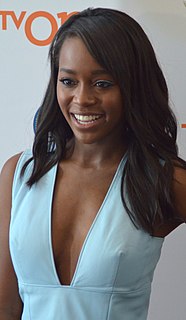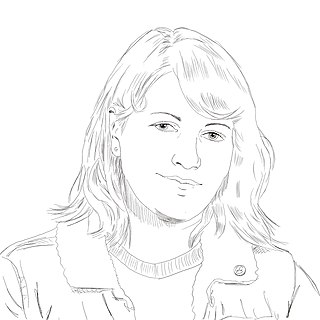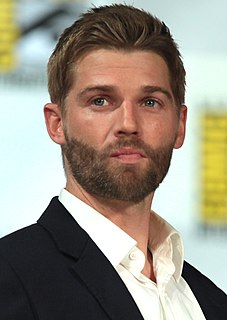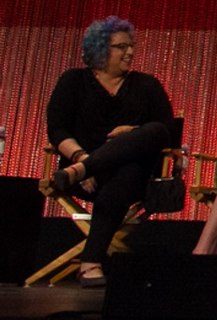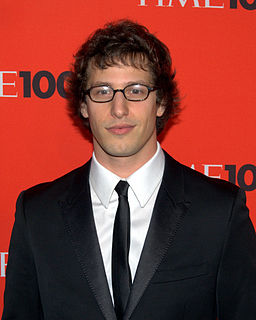A Quote by Seth MacFarlane
I always thought it would be funny to have the Parents Television Council write an episode of 'Family Guy' and give them full creative control. Then see how good the episode is. That's something we've actually discussed in the writers' room. We haven't proposed it yet, but if somebody from the PTC reads this, it might be worth discussing.
Related Quotes
Sometimes as human beings, we're so contradictory - we may say something or do something and completely contradict ourselves. That's what I'm learning to embrace in television - not knowing what's going to happen. I might make a specific choice for myself and then in the next episode the writers might write something that contradicts it.
We do want the freedom to move scenes from episode to episode to episode. And we do want the freedom to move writing from episode to episode to episode, because as it starts to come in and as you start to look at it as a five-hour movie just like you would in a two-hour movie, move a scene from the first 30 minutes to maybe 50 minutes in. In a streaming series, you would now be in a different episode. It's so complicated, and we're so still using the rules that were built for episodic television that we're really trying to figure it out.
I think what people watch television for is the emotional continuity, from episode to episode, and feeling that the experience that they had, four episodes ago, has actually been building to an episode that comes later, and knowing that the characters are growing, as a result of that, and making mistakes, is really, really important to the way people connect to television.
We have a full writers' room, and with something like 'MyMusic,' we've scripted it out with professional writers. There is some very basic improv from the actors, but everything is very to the letter, so it's easy to edit down to an episode. There are fun little things an actor might throw in there.
I was talking to Shonda Rhimes the other day and I said, "I. Do. Not. Know. How. You. Do. This." While we're writing episode 10, episode 6 is shooting, episode 3 is in the edit, and episode 2 is in its color session...You've got seven episodes in different parts! It's a wild, wild, wild ride, which I thoroughly enjoyed. It was badass and amazing.
I always felt that it was easier to take a funny person and teach them to write television than to take somebody who was a television writer and make them funny. And I discovered a lot of great writers that went on to do a lot of great shows like 'Seinfeld,' 'Friends,' you know, 'Three and a Half Men.'
I have a big, long episode [in Full Circle] with Calista [Flockhart], and then my character actually carries out through a lot of it because he was a cop investigating this crime. But it is almost hard to remember, even though it wasn't that long ago. We shot it so fast. We literally shot that whole episode in one day.
My grandfather used to say 'Eat the biggest crabs first, that way you're always eating the biggest crabs.' In making a TV show, that means if you have a big funny or smart idea for an episode or a scene or a joke, go for it. Don't save it for another season or another episode, because you may not have the right time again. It's good advice for television, but truly stellar advice for eating crabs.
I came upon whatever I'm doing organically. I didn't study anything. I don't have any real aspirations other than to connect with somebody, and to have the conversation be genuine. That's the best that can happen. Even if it only happens for 10 minutes in an episode. But I think what people forget is that you don't have to try to get a comedian to be funny. Comedians are innately funny. That the real challenge of talking to them is to get them talking about real things and then see where they need to be funny. And let them do that on their own volition.

